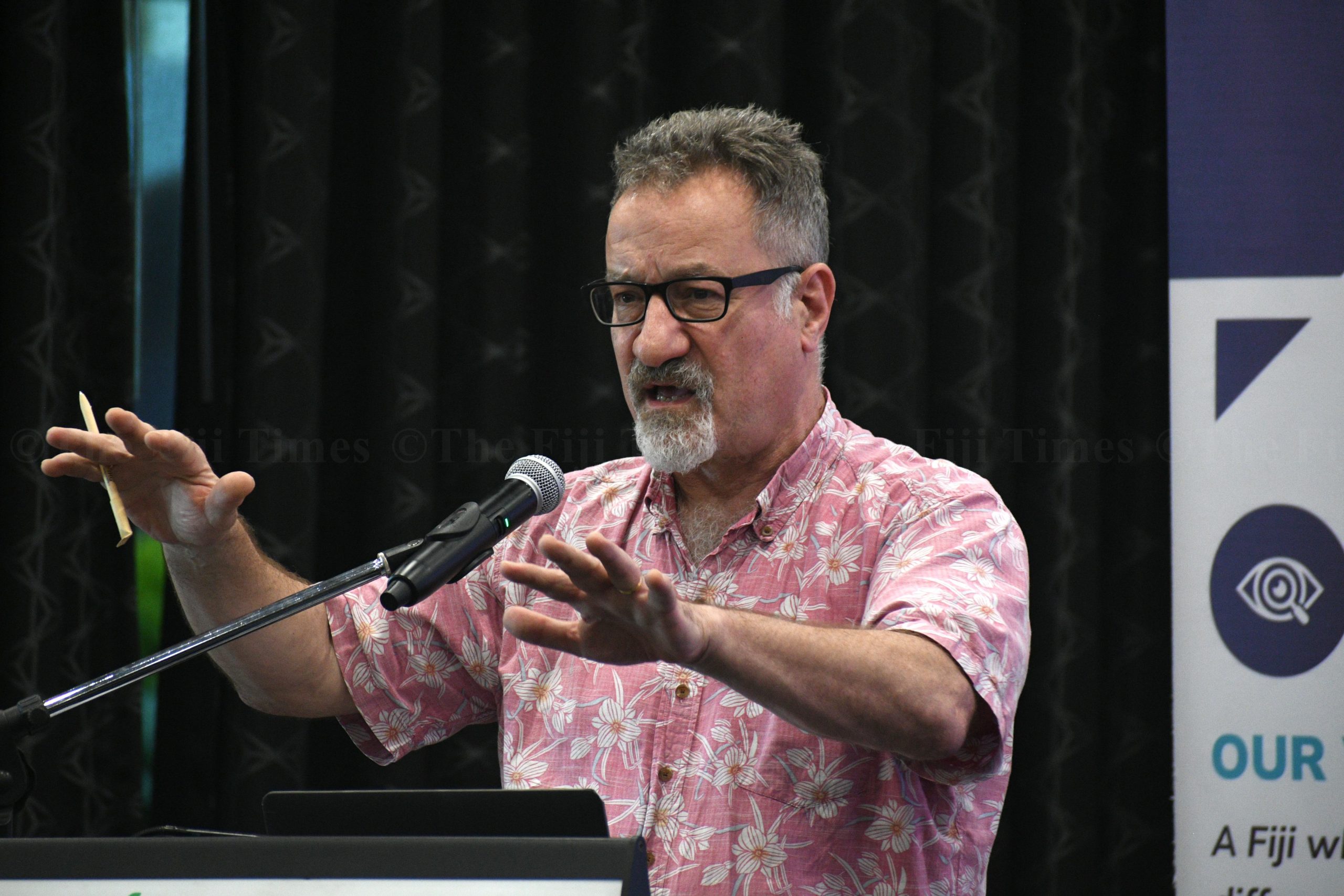FIJI’S history with voting systems shows how challenging it can be to find a system that works well for everyone, says a leading expert on Pacific politics and voting systems.
Speaking at a Multi-Stakeholder Dialogue on Fiji’s Electoral Reform in Suva yesterday, a professor in comparative politics, Jon Fraenkel, said past attempts to fix elections had often been met with problems.
He advised that new ideas must be carefully tested before being adopted, and backed the recommendation to introduce legislative reforms well ahead of an election cycle.
“That recommendation about doing the legislation now and then leaving it to the next term — that’s not a bad idea,” said Prof Fraenkel.
“People are finding it very difficult — and understandably — because these questions are tough: Will the Constitution change? How will the electoral system happen if we do this or that?
“Even minor changes to the Electoral Act, if done in a hurry in the last year before a general election, when the politicians are sniping at each other, is a very poor time for that kind of thing.”
Prof Fraenkel said he had seen cases in the Pacific where people tried to pass important legislation just before an election.
“Usually it’s either inflammatory, or it all gets watered down and becomes completely inconsequential.”
On the issue of proportional versus majoritarian systems, Prof Fraenkel said proportional representation worked better in Fiji’s context.
“I do think that the single national constituency with a 5 per cent threshold is not the best way to organise proportional representation. It would be better with multiple districts.
“In deeply divided countries, proportional representation systems are better.
“Majoritarian electoral laws like first-past-the-post or the alternative vote tend to work extremely poorly in ethnically divided societies.”
As Fiji considers new electoral rules, Prof Fraenkel said it must choose carefully and think about what really works for its unique political situation.



